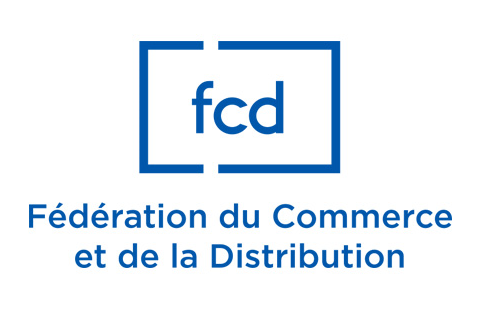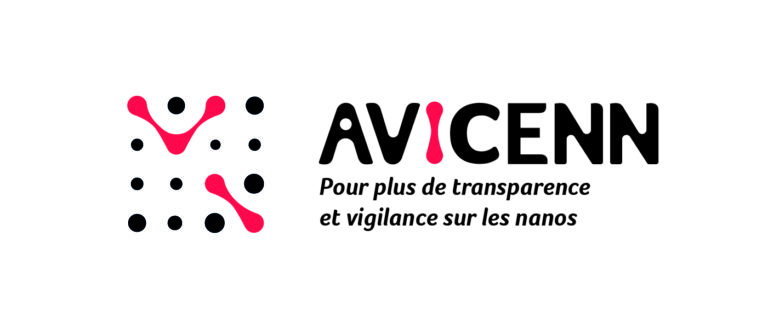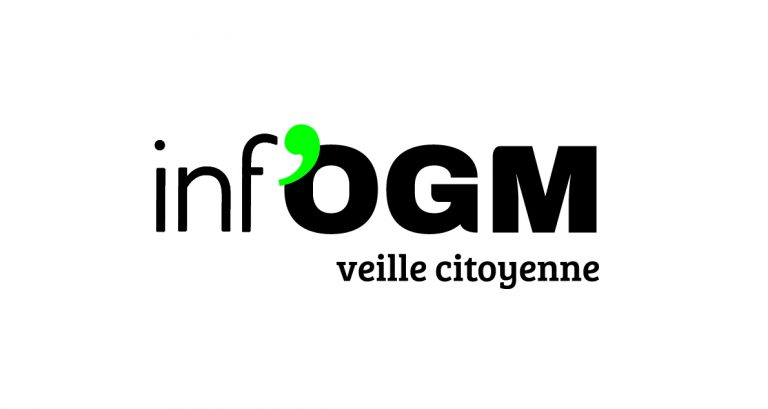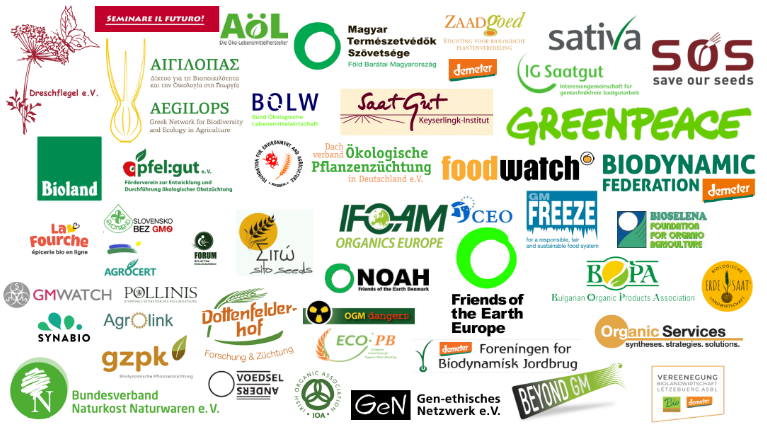News
French retailers want GMO/NGT to be regulated
When it comes to GMOs, french retailers say they are guided by two main principles: the application of the precautionary principle, and the traceability and consumer information. In France, this stakeholder in the agri-food sector has reservations, to say the least, about the proposed deregulation of GMOs. In June 2023, at the invitation of Anses experts, the french trade and retailing federation (Fédération du Commerce et de la Distribution), currently chaired by the CEO of Carrefour, shared its thoughts.

It’s not so often that they speak out. Yet retailers play an important role in the food industry. On June 30, 2023, when the European Commission’s proposal was still only known following a leak, the french Trade and Retailing Federation (Fédération du Commerce et de la Distribution – FCD)1 was interviewed by a french experts committee of Anses. The verbatim report of this hearing, published with the report made public at the beginning of March by Anses, provides an insight into the principles driving the retailers2. While bearing in mind that these are “not necessarily firm positions, they are more a matter of reflection“.
Represented at the hearing by Emilie Tafournel, Quality Director at the FCD, and Lionel Desencé, Quality Director in charge of scientific and regulatory affairs within the Carrefour group, the FCD was clear on the fact that, among its members, “knowledge of the subject […] is not the same for everyone. At the moment, chains other than [Carrefour] are more in a wait-and-see mode, in terms of taking on board the subject and understanding it. So there’s no clear positioning from one side or the other“. This lack of formal positioning does not prevent the FCD and its members from reaffirming two principles which are “important” to them and which guide them: “the application of the precautionary principle and the notion of transparency and traceability“. However, these two principles are not reflected in the European Commission’s proposal, which plans, on the contrary, the end of risk assessment, labelling, traceability and post-market monitoring.
On GMO/NGT detection and traceability
For the retailers, the detection and traceability of GMOs/NGTs are essential to “be able to detect the presence of NGTs, whether for control purposes […] in relation to the various links in the chain, or for the detection of adventitious presence due to cross-contamination. For us, detection and traceability are essential in the context of these future developments“. There are several reasons for this position.
The main reason is transparency for consumers. The FCD has declared itself “opposed” to a general approach based on the principle that “any NGT product for which no detection method can be developed must be considered as similar to conventional“. However, five days after the FCD’s hearing with the Anses, this approach will be adopted by the European Commission to justify its deregulation proposal. In the FCD’s view, “this is tantamount to saying that we are placing on the market a product which, from the point of view of the end consumer, is similar to a product which would be ‘derived’ from nature. Put yourself in the end consumer’s shoes. It’s not audible“. This situation is all the more paradoxical in that the FCD anticipates, on the contrary, that if new genetic modification techniques are of significant interest to the end consumer, this information will be provided. “On the other hand, if nothing is said, there will be a certain amount of suspicion“, adds Lionel Desencé. And suspicion has a negative impact on the perception and acceptability of these products by the end consumer.
This desire to respond to consumers’ wishes implies a certain organization of the agri-food sector. In this sector, there are producers, operators and consumers who do not wish to use and/or consume GMOs/NGTs. Product segregation will therefore have to be put in place to ensure that this demand can be met. For the FCD, the example of the current non-GMO soy supply chain, in which Carrefour has been a pioneer, is an important basis. Soy is mainly imported into Europe. Its production is essentially American. On this continent, non-GMO soya is produced in countries like Brazil, where GMO soya can account for “between 90 and 95%” of the production. The costs of segregation – whether in the field or in terms of port storage, for example – and traceability of non-GMO soya are already high. Today, retailers are concerned to note that the Commission has not provided any coexistence rules. In fact, the Commission wants to delegate the organization of coexistence to the Member States, while eliminating the traceability tools that are essential to its implementation. Such a scenario “could complicate the work of the various operators, wherever they may be in the product production chain. It would also entail costs“. However, the FCD is clear that these costs, “in any case, at one time or another, will be passed on in the consumer sales price“, whereas they should instead be borne by “the operators marketing these NGT-derived varieties“.
To enable such organization of production chains and a logical split of costs, traceability of GMOs/NGTs is an indispensable requirement. The FCD believes that a suitable traceability system would be based on documentary declarations and biological analyses, as is currently the case for GMOs. In any case, the FCD points out that “traceability means identifying all the batches concerned at every stage of the chain, indicating ‘varieties derived from NGT‘, and possibly from a particular NGT if the categorization is confirmed“. Lionel Desencé insists that current legislation on GMOs is perfectly adequate, pointing out that “the burden of proof lies with the operator who markets these GMOs. Tomorrow, the same must apply to an operator who markets products derived from NGTs“.
On the usefulness of NGT products
Could traits obtained through new genetic modification techniques be of interest to retailers, for example a product that can be kept longer in the can? The question, put to the FCD by the Anses, was answered directly: “not at this stage“. In fact, the question did not even arise for the retailers, which believe that it is up to the industry to put forward evidence of gains, whether in terms of production or product quality. But, in any case, this can only be done “on condition that these characteristics are clearly highlighted and, above all – and this always comes back to the same thing – that consumers are clearly informed of the fact that the crop in question is derived from NGTs, so that they can draw a parallel between this information and the gains made“.
This is all the more true given that retailers are disappointed with the promises of gains made in the late 90s with transgenic GMOs. As Lionel Desencé points out, “you also have to look at what we’ve seen over the last 20 years with GMOs […] between theprosects transgenesis carried and what it actually delivered“. Echoing the term “economy of promises“, the Carrefour representative warns that today “the future prospects on paper seem very attractive. In reality, we remain relatively dubious“, and even worried when he hears promises of resistance to water stress, for which “we have to agree that it is not the techniques that will fall into the NGT category that will make it possible to have a significant impact on resistance to water stress“.
Emilie Tafournel sums up the FCD’s perception by explaining that “today, we have not identified any interest, because everything remains to be done, everything remains to be proven; on the basis of the two arguments we have mentioned: precautionary principle, traceability and consumer information“.
On consumers’ information
In the end, according to Lionel Desencé, retailers’ wish is clear. The “precautionary principle must apply, and there must be total transparency regarding the marketing of these products, so that our customers can make an informed choice“. This transparency appears to cover both the information on the GMO/NGT nature of products and the benefits conferred by the modification. Thus, “if the nutritional quality of a product is improved, and this information is brought to the attention of the end consumer, we can imagine that the latter will be interested in this type of production“.
Emilie Tafournel confirms this position. Through her, the FCD explains that “depending on the choices made in the European Commission’s final decision, there will be consequences for the promotion and identification of these products, which will be, as Lionel said, in our opinion, acceptable or not for the consumer“. In other words, “it is the consumer, and therefore the market, who will consequently position himself and evolve on the basis of these choices made in the categorization and the obligations conferred on each of these categories“.














